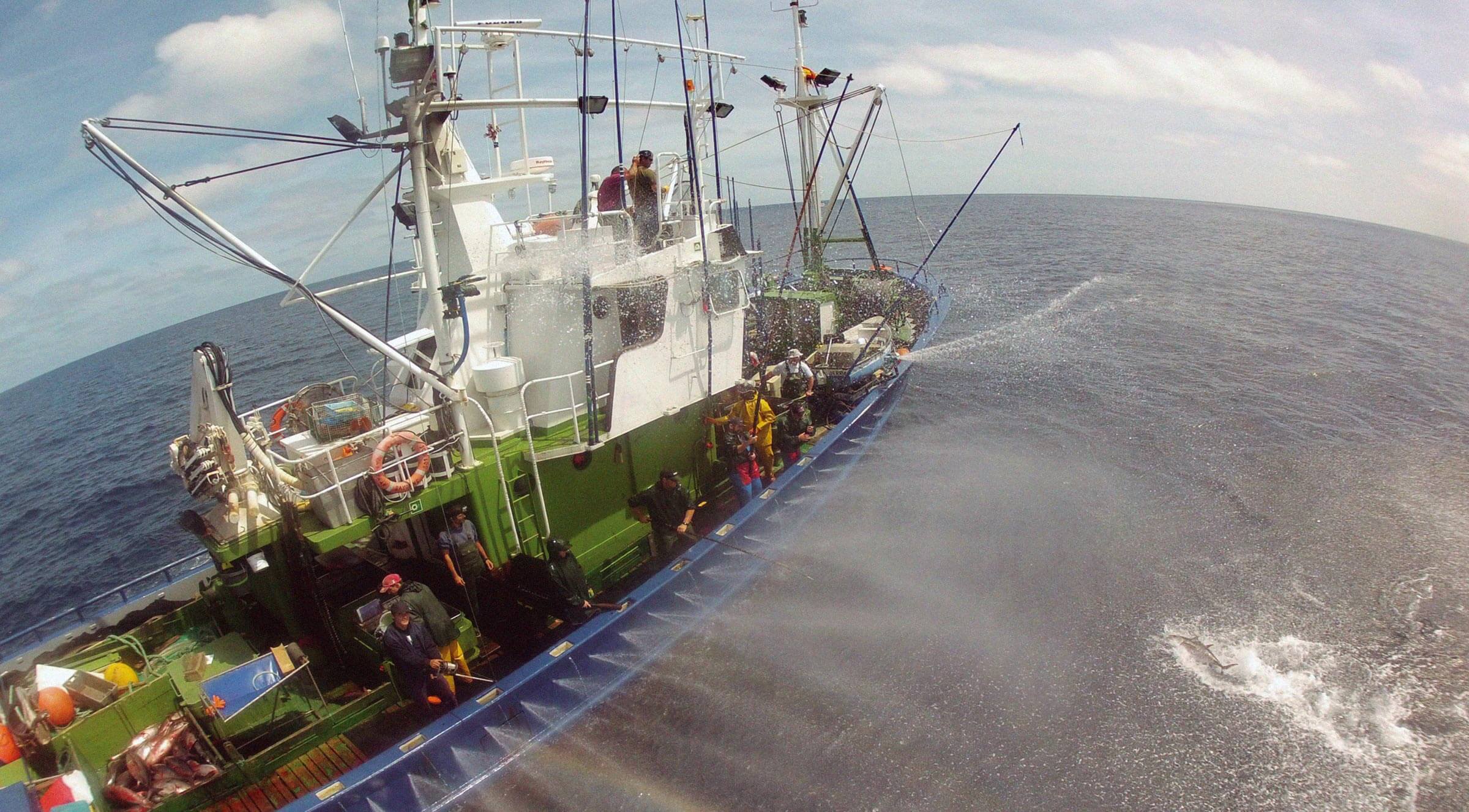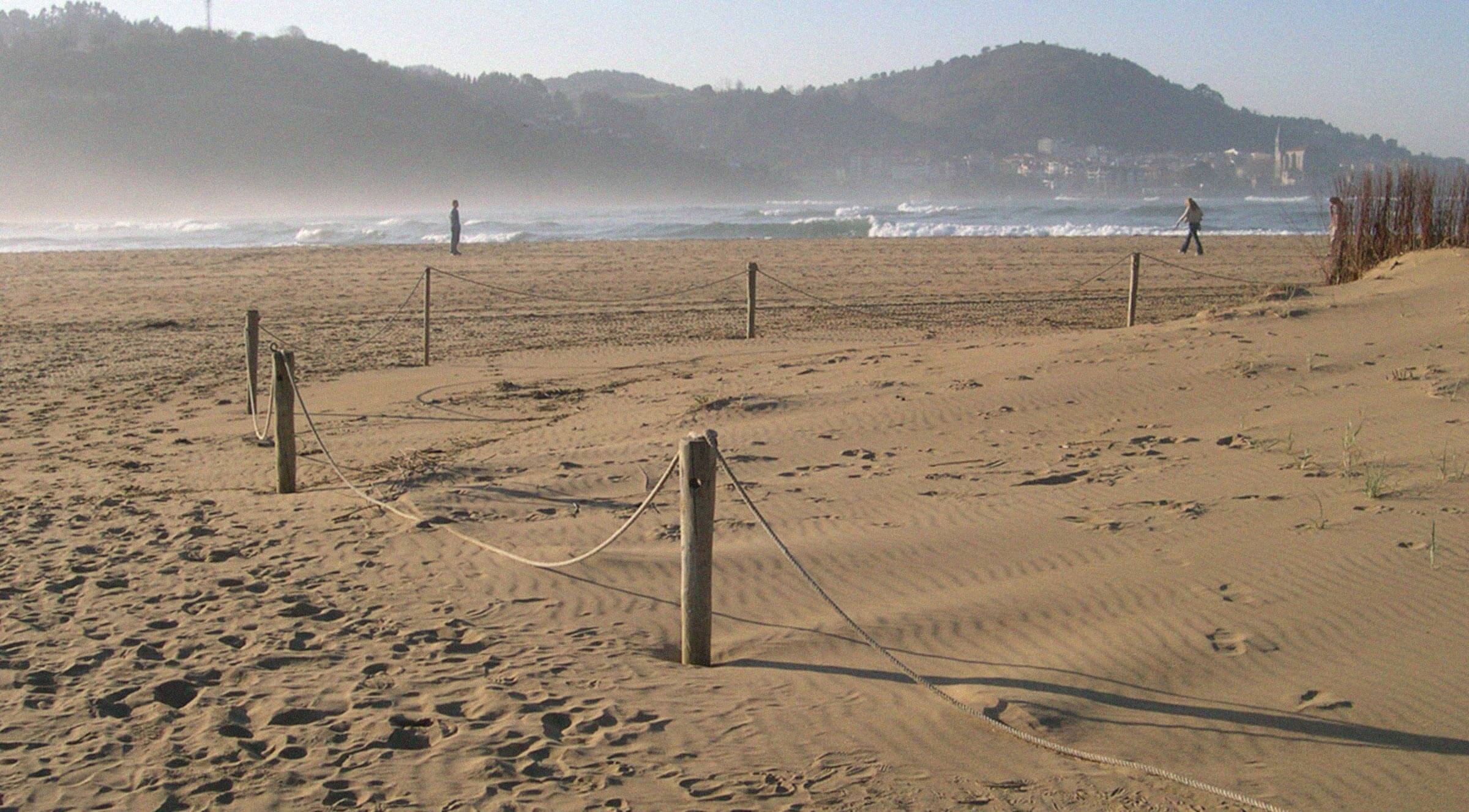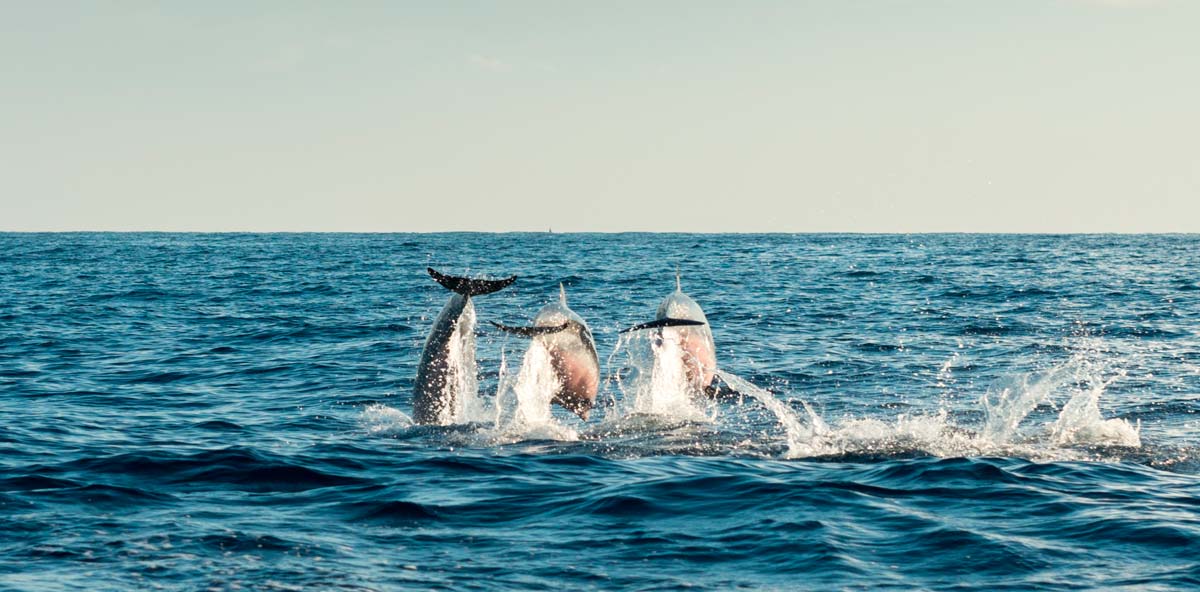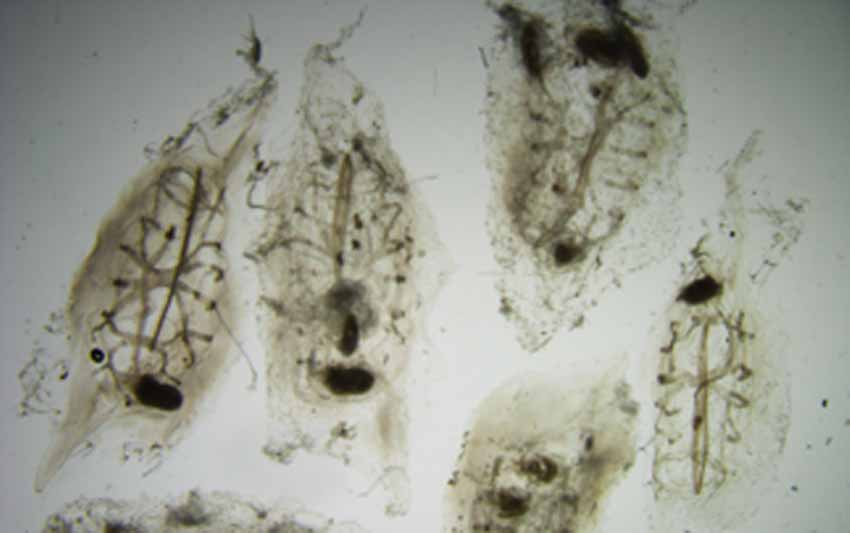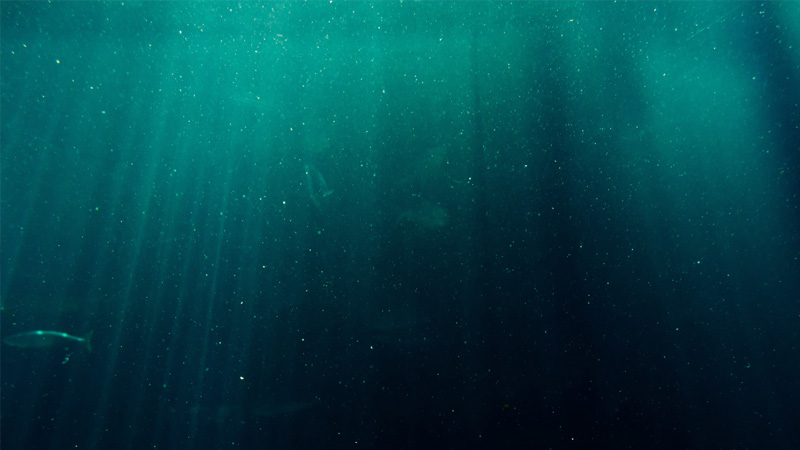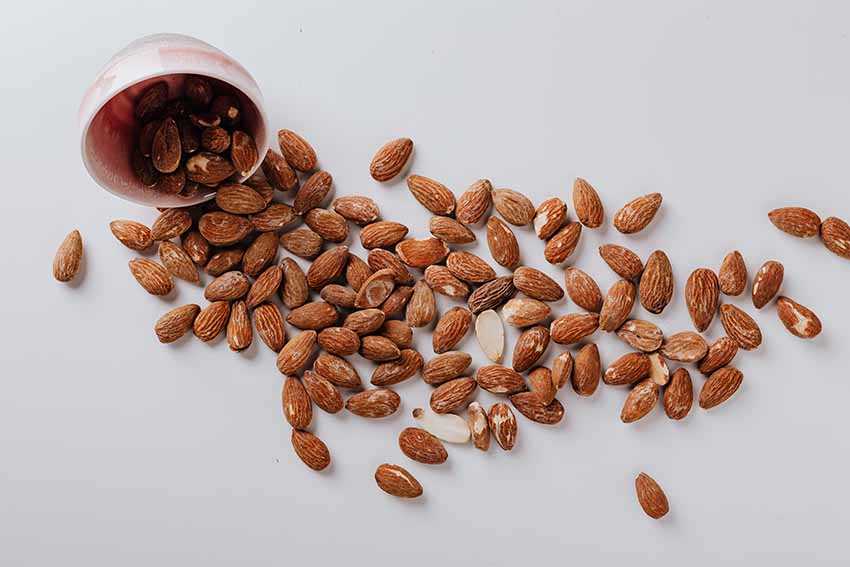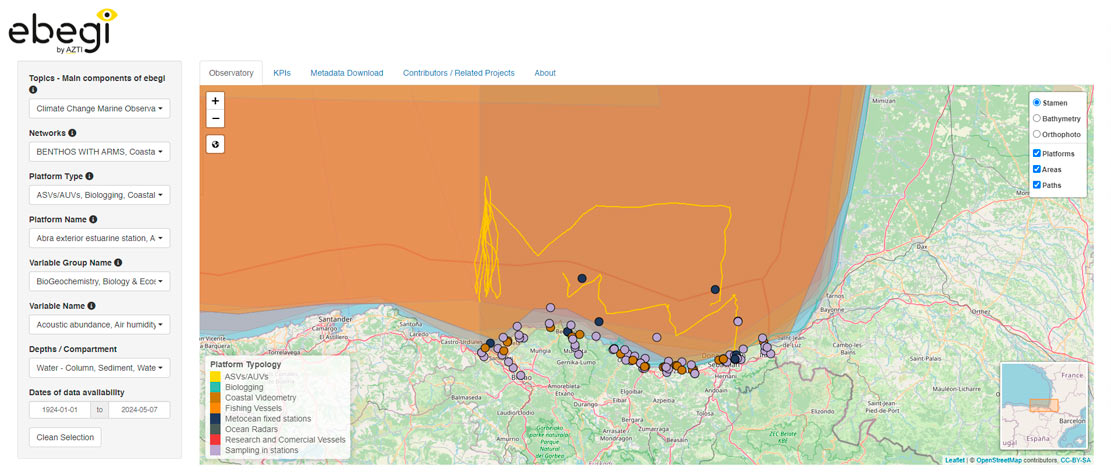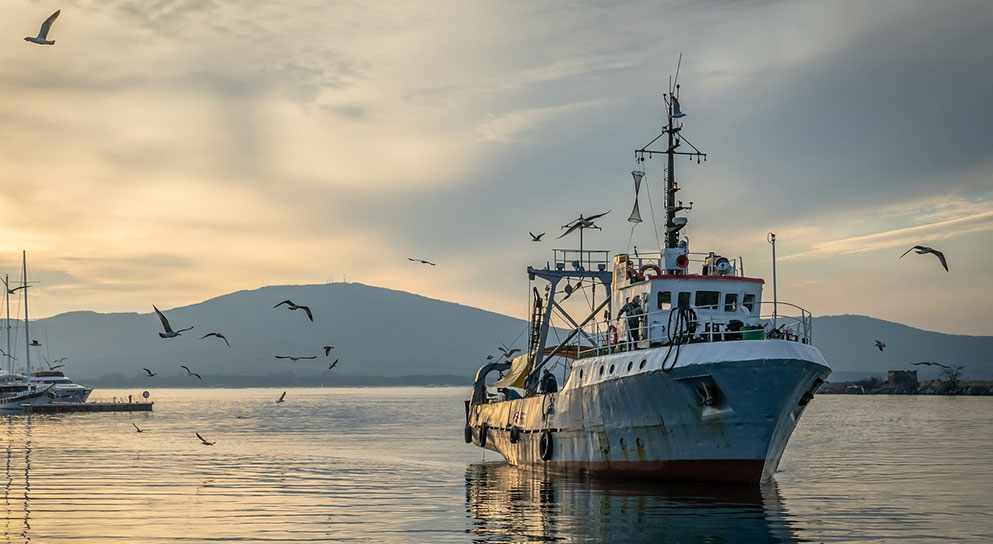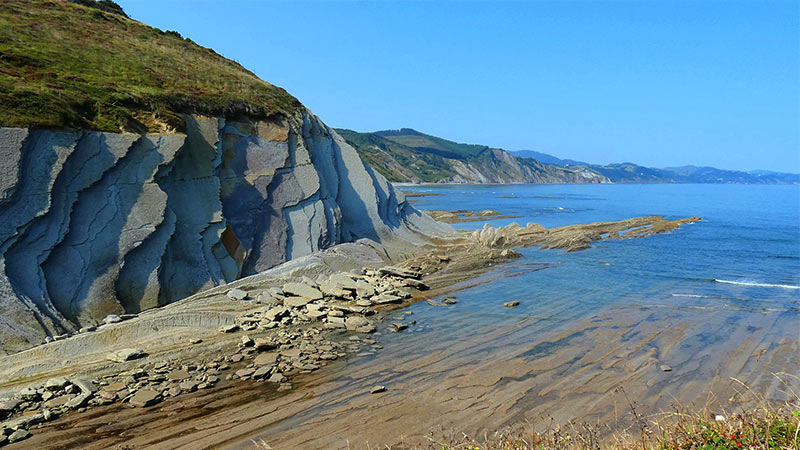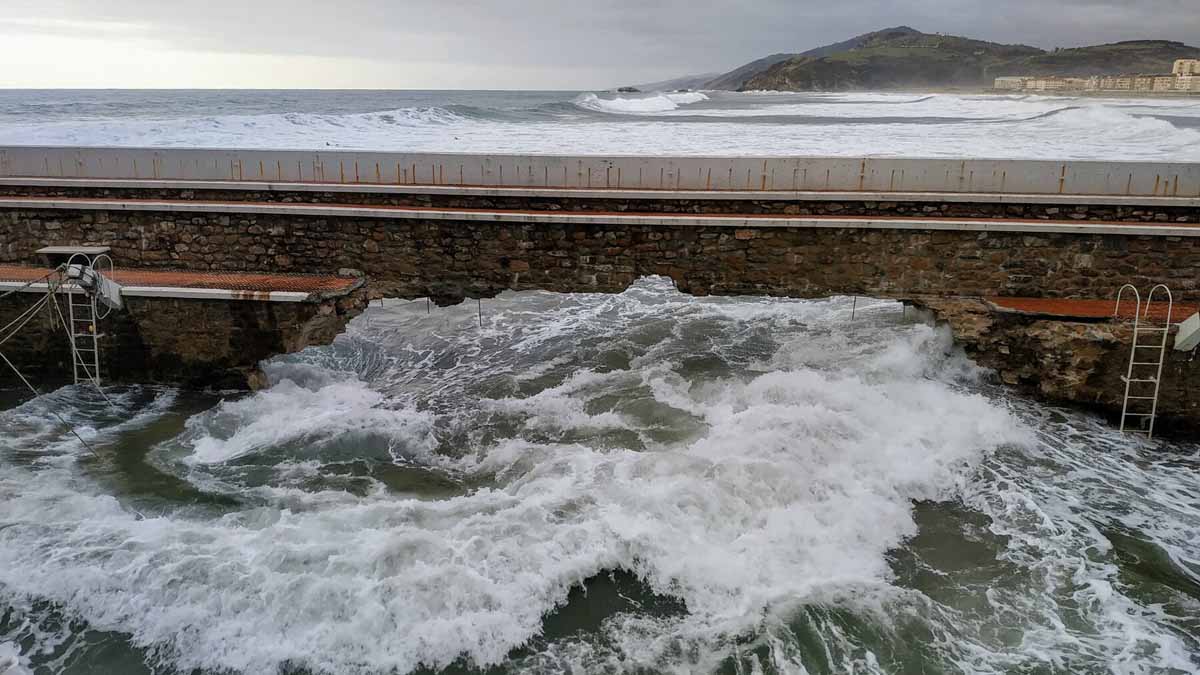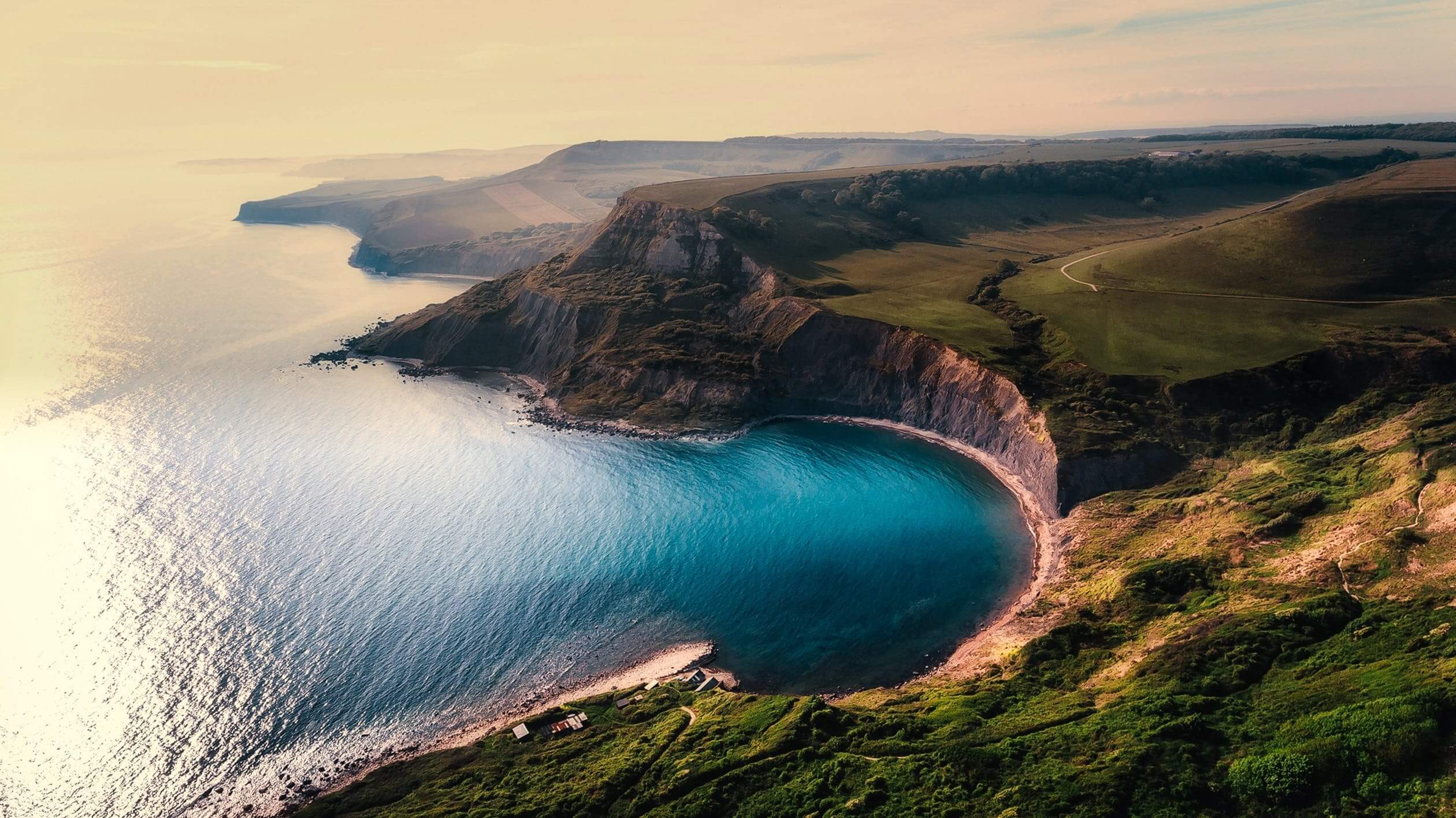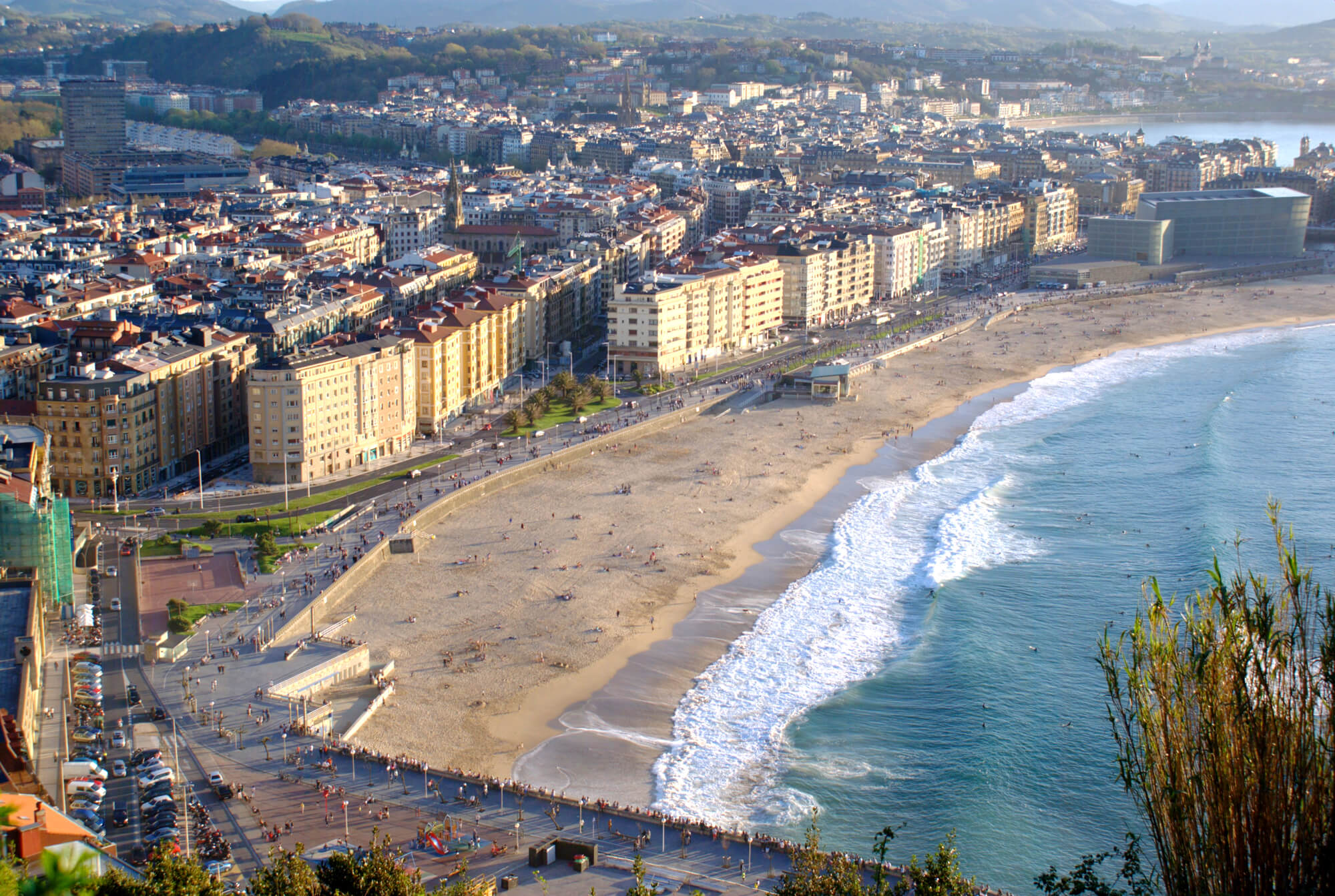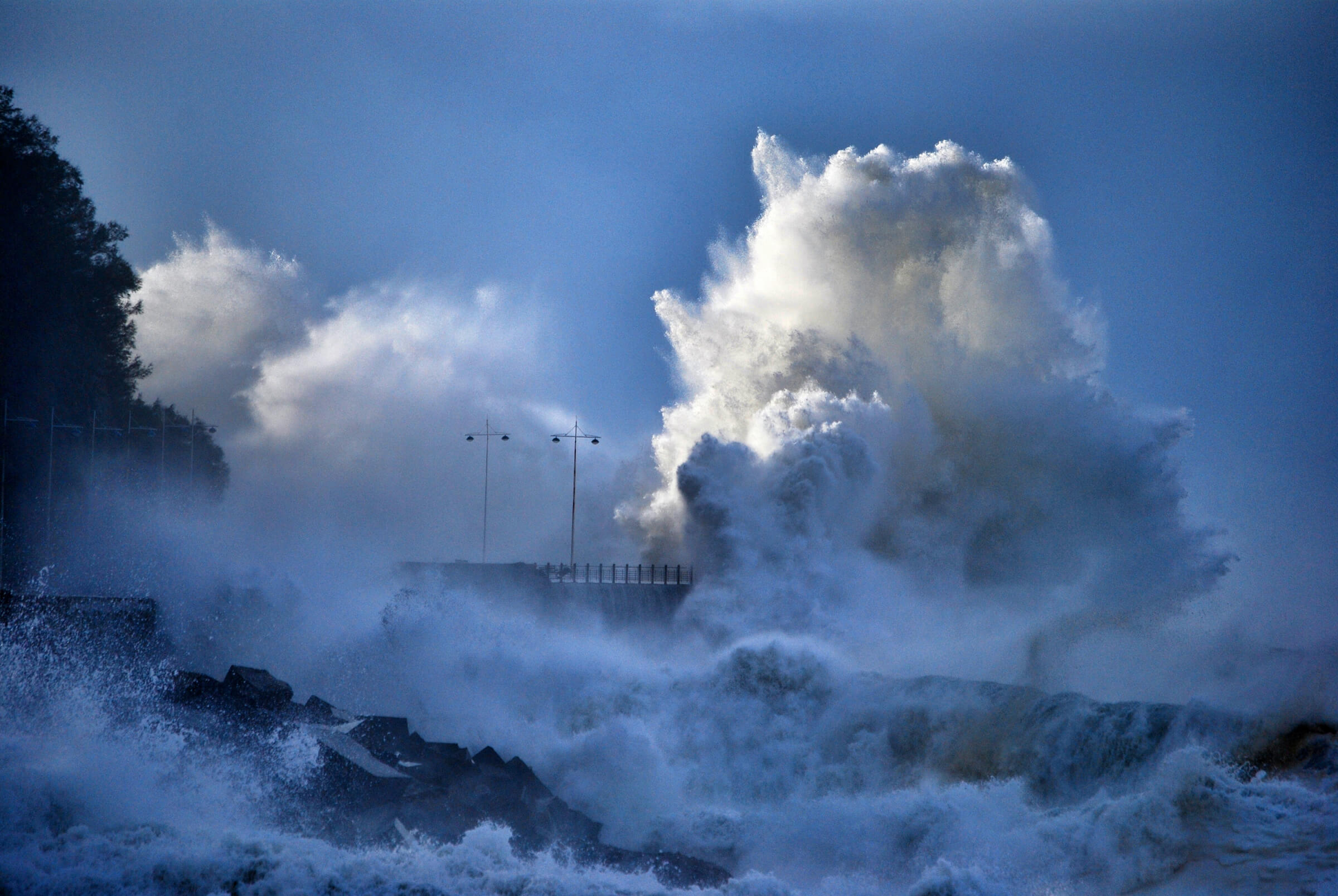Vulnerability and impact of climate change on the ocean, marine resources and ecosystems
To minimise the impact of climate change on marine resources and ecosystems, we have specialised in:
Índice de contenidos
Assessment
- We assess the effects of climate change on fishing activity from the environmental point of view, as well as its social and economic consequences (sustainable management of resources).
- We define adaptation criteria and contingency plans to combat climate change in terms of food safety and the conservation of species.
- We monitor and process physical, chemical and biological variables through our own networks (e.g. tide gauges, oceanographic campaigns, remote sensing).
- Statistical analysis of time series and validation of climate, oceanographic, geomorphological and ecological models (habitats of species, communities, ecosystem).
- We analyse the impact, vulnerability and adaptation in the marine environment: physical or natural environment, ecosystems, changes in habitats.
Adaptation
- Future scenario simulation: regional scenarios at a physical (geomorphological models) and ecological level (coupling of habitat and geomorphological models to climate change) linked to global climate scenarios (e.g. AOGCM and IPCC models).
- Guidance on changes in climate-ocean patterns and species migration.
- We determine the most suitable adaptation strategies to face the effects of climate change in the oceans (ecosystem conservation) and on the species that inhabit them (in order to manage the resources sustainably in the short, medium and long term).
Understanding the impact of climate change on our oceans is essential to improve the marine resources conservation and manage fishing and marine spatial planning in a sustainable way
Benefits of the service on vulnerability and impacts of climate change
- Minimise impact of climate change on resources and natural ecosystems.
- Improve marine resources’s conservation of and manage sustainably fisheries and the marine space management.
- Preserve community interest habitats, vulnerable species and ecosystems in line with expected sea level rise, estuarine and beach morphodynamic changes, migration of species due to displacement of suitable habitat.
- Over 15 years experience in climate change has enabled AZTI to become a benchmark technology centre in the field
Experience
- Almost 20 years experience (since 2003).
- Organization of UHINAK, Cross-Border Conference on Climate and Coastal Change.
- Technologies:
- Global climate model analysis techniques.
- Species habitat models.
- Multi-habitat models.
- Time series analysis techniques.
- Hydromorphodynamic model for estuaries.
- Flooding models based on sea level rise and variability.
- Remote spatial (satellite) and airborne sensors.
- Geographic Information Systems.
- Community and connectivity analysis techniques.
- Multi-disciplinary work team: physical, chemical and biological oceanography, ecology, socio-economics, genetics, geography, geology.
Projects on vulnerability and impacts of climate change
- Mission Atlantic (H2020): Assessment of the state of the entire Atlantic in relation to pressures from human activities, variability and natural hazards such as climate change.
- FutureMARES (H2020): Climate change and future marine ecosystem services and biodiversity
- SusTunTech (H2020): Sustainable tuna fisheries through advanced earth observation technologies.
- CLIPES: Impact of climate change on Basque fisheries.
- CLIREMAR, Fundación Biodiversidad. Climate scenarios for vulnerable marine resources.
- DECCMA: Deltas, vulnerability & Climate Change: Migration & Adaptation. Projections in the Indian Ocean under climate change and fishing pressure scenarios.
- MEECE (FP7): Impacts of climate change on the marine ecosystem (primary production) and fish stocks in the Bay of Biscay.
- EURO-BASIN (FP7): Marine plankton projections.
- DEVOTES (FP7): Study of vulnerability in ecosystems and biodiversity of European seas.
- WISER (FP7): Trends in primary production and ecological status in European seas.
- Impacts of climate change on the marine ecosystem (primary production) and fishing stocks in the Bay of Biscay.
- MALASPINA expedition: circumnavigation of the global ocean.
- Publications in high impact factor indexed journals such as Nature Climate Change, Global Change Biology and Fish and Fisheries.
- Contribution to the FAO report summarising climate change impacts on global fisheries and socio-economic adaptation measures.
- Contribution to the design, development and evaluation of the Copernicus Climate Change Service (C3S) with the aim of providing Climate Impact Indicators (CIIs) for fisheries, aquaculture and spatial planning.
Scientific contributions
More than 30 publications in SCI journals, including high impact factor journals such as Nature Climate Change, Global Change Biology and Fish and Fisheries.
Selection of 5 most relevant articles:
- Tittensor, D. P., C. Novaglio, C. S. Harrison, R. F. Heneghan, N. Barrier, D. Bianchi, L. Bopp, A. Bryndum-Buchholz, G. L. Britten, M. Büchner, W. W. L. Cheung, V. Christensen, M. Coll, J. P. Dunne, T. D. Eddy, J. D. Everett, J. A. Fernandes-Salvador, E. A. Fulton, E. D. Galbraith, D. Gascuel, J. Guiet, J. G. John, J. S. Link, H. K. Lotze, O. Maury, K. Ortega-Cisneros, J. Palacios-Abrantes, C. M. Petrik, H. du Pontavice, J. Rault, A. J. Richardson, L. Shannon, Y.-J. Shin, J. Steenbeek, C. A. Stock, and J. L. Blanchard. 2021. Next-generation ensemble projections reveal higher climate risks for marine ecosystems. Nature Climate Change. In press.
- Erauskin-Extramiana, M., H. Arrizabalaga, A. J. Hobday, A. Cabré, L. Ibaibarriaga, I. Arregui, H. Murua, and G. Chust. 2019. Large-scale distribution of tuna species in a warming ocean. Global Change Biology 25:2043-2060.
- Fernandes, J. A., E. Papathanasopoulou, C. Hattam, A. M. Queirós, W. W. W. L. Cheung, A. Yool, Y. Artioli, E. C. Pope, K. J. Flynn, G. Merino, P. Calosi, N. Beaumont, M. C. Austen, S. Widdicombe, and M. Barange. 2017. Estimating the ecological, economic and social impacts of ocean acidification and warming on UK fisheries. Fish and Fisheries 18:389-411.
- Chust, G., J. I. Allen, L. Bopp, C. Schrum, J. Holt, K. Tsiaras, M. Zavatarelli, M. Chifflet, H. Cannaby, I. Dadou, U. Daewel, S. L. Wakelin, E. Machu, D. Pushpadas, M. Butenschon, Y. Artioli, G. Petihakis, C. Smith, V. Garçon, K. Goubanova, B. Le Vu, B. A. Fach, B. Salihoglu, E. Clementi, and X. Irigoien. 2014. Biomass changes and trophic amplification of plankton in a warmer ocean. Global Change Biology 20:2124-2139.
- Barange, M., G. Merino, J. L. Blanchard, J. Scholtens, J. Harle, E. H. Allison, J. I. Allen, J. Holt, and S. Jennings. 2014. Impacts of climate change on marine ecosystem production in societies dependent on fisheries. Nature Climate Change 4:211-216.
